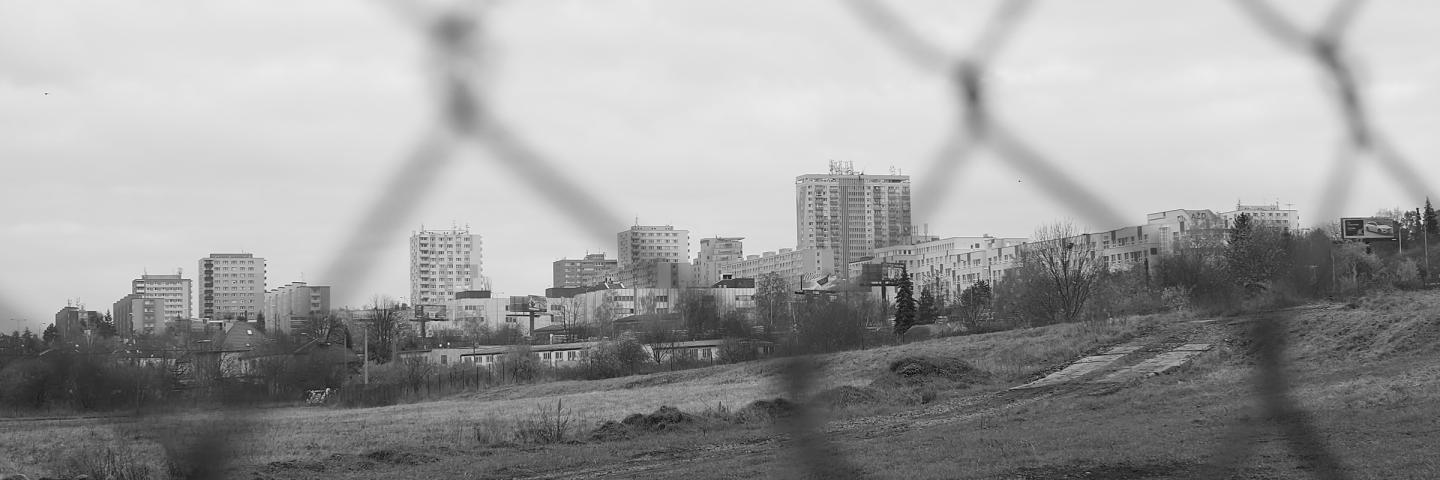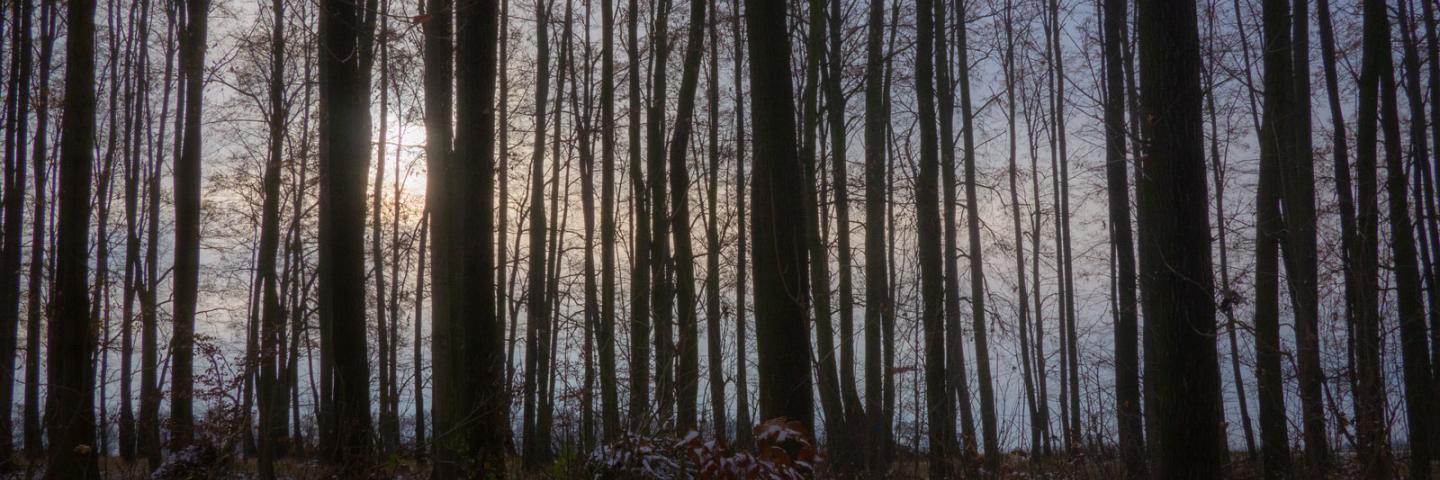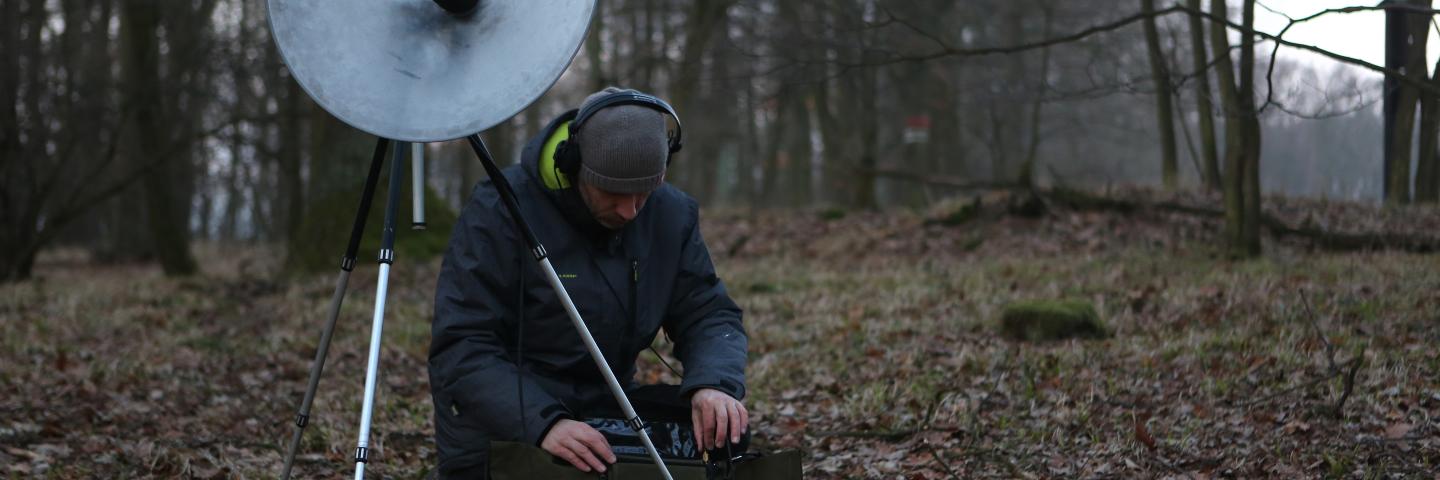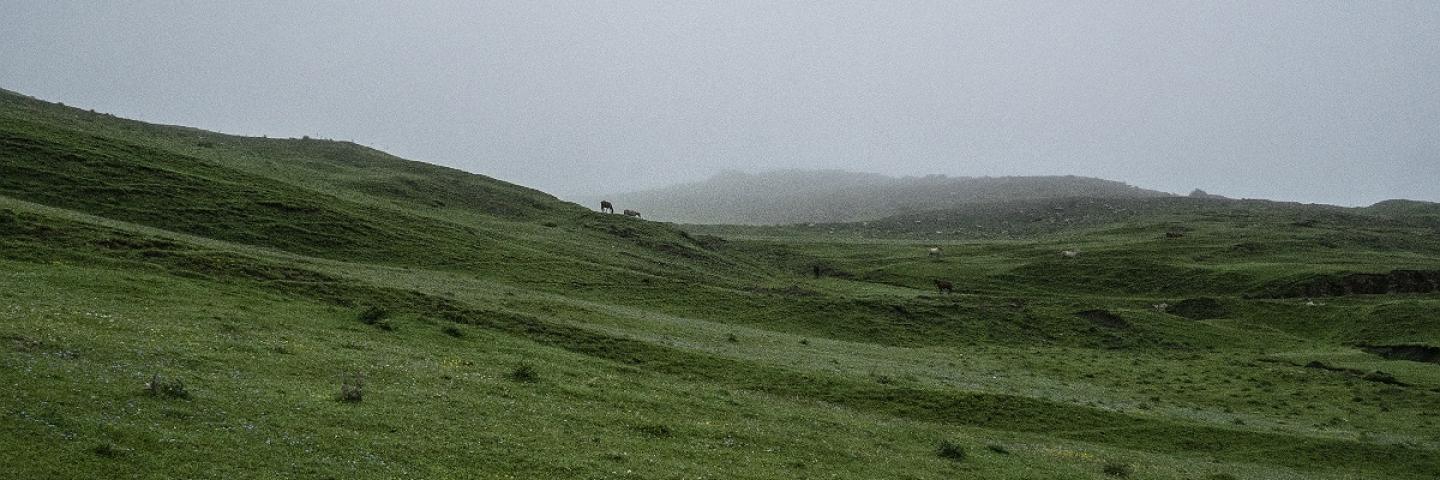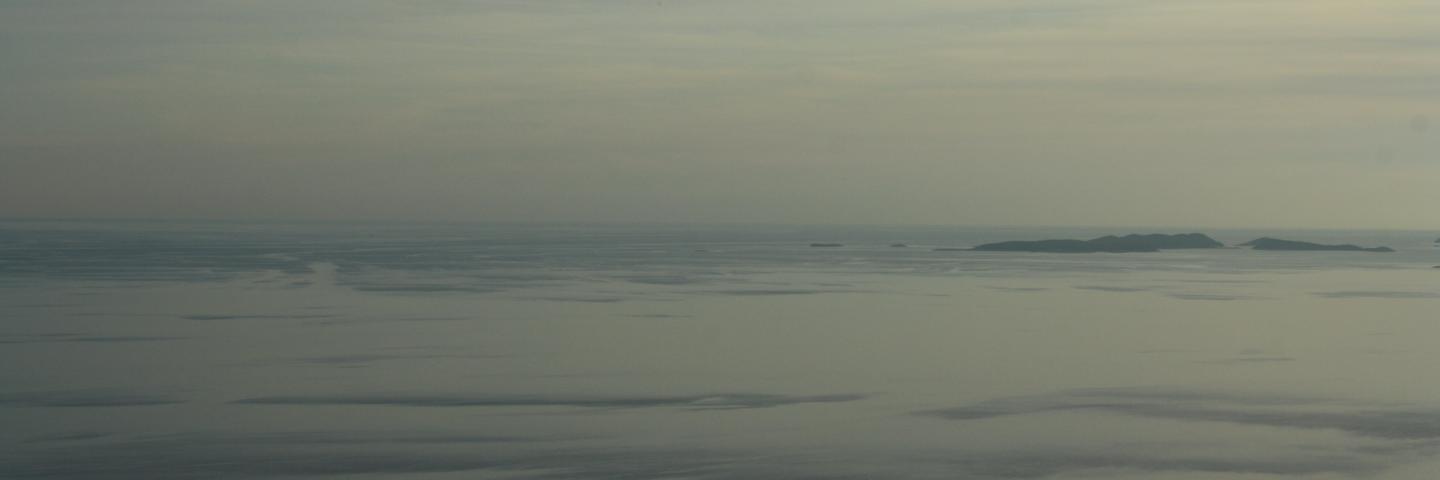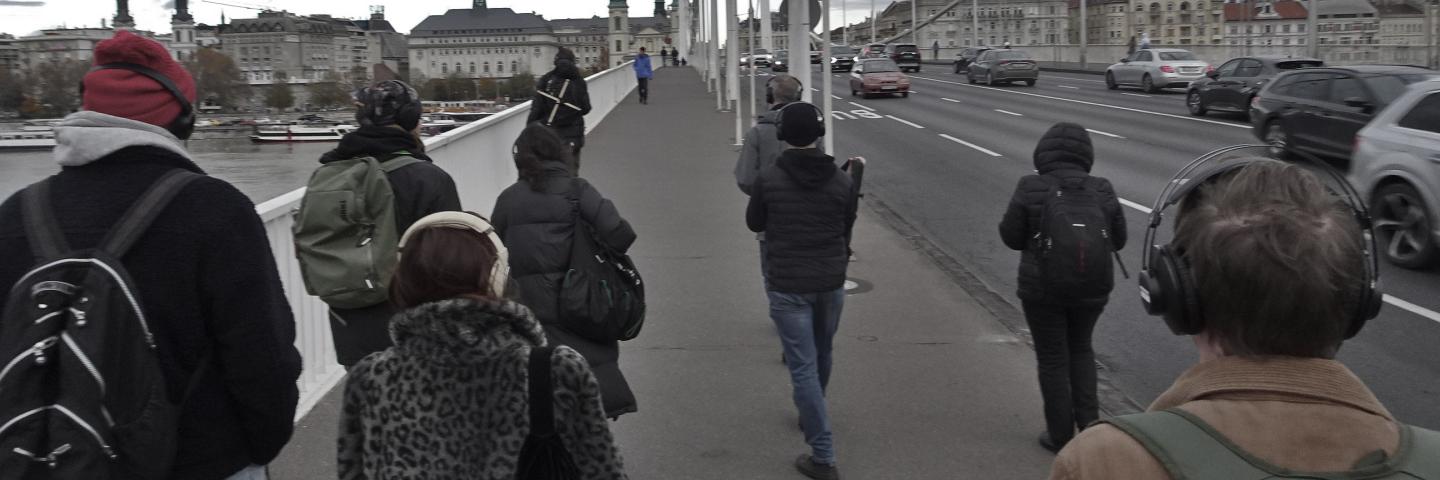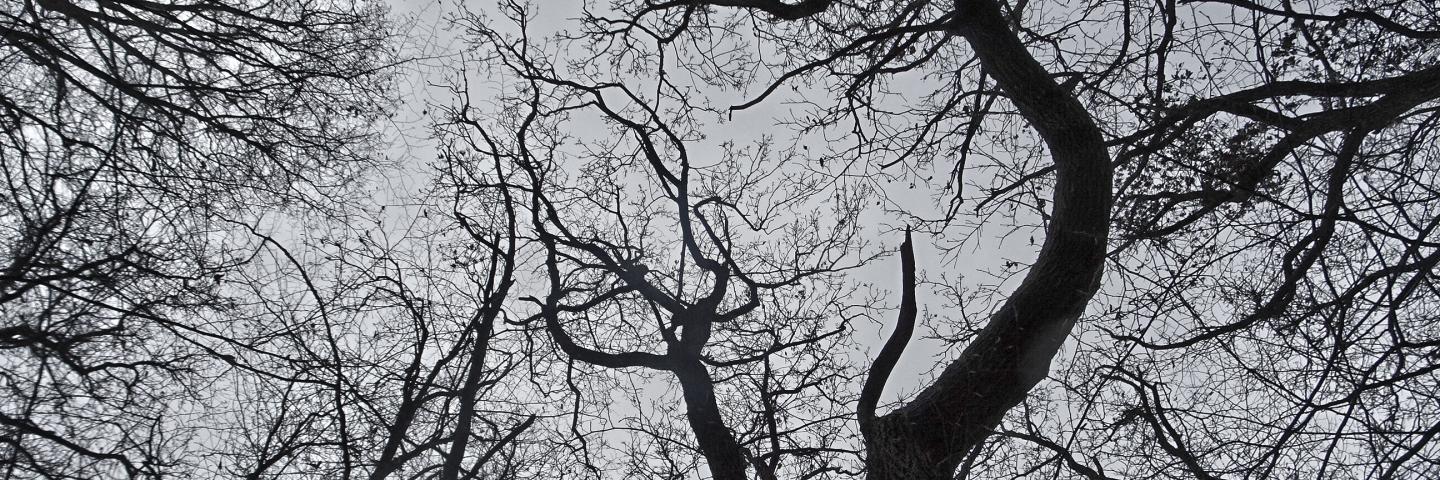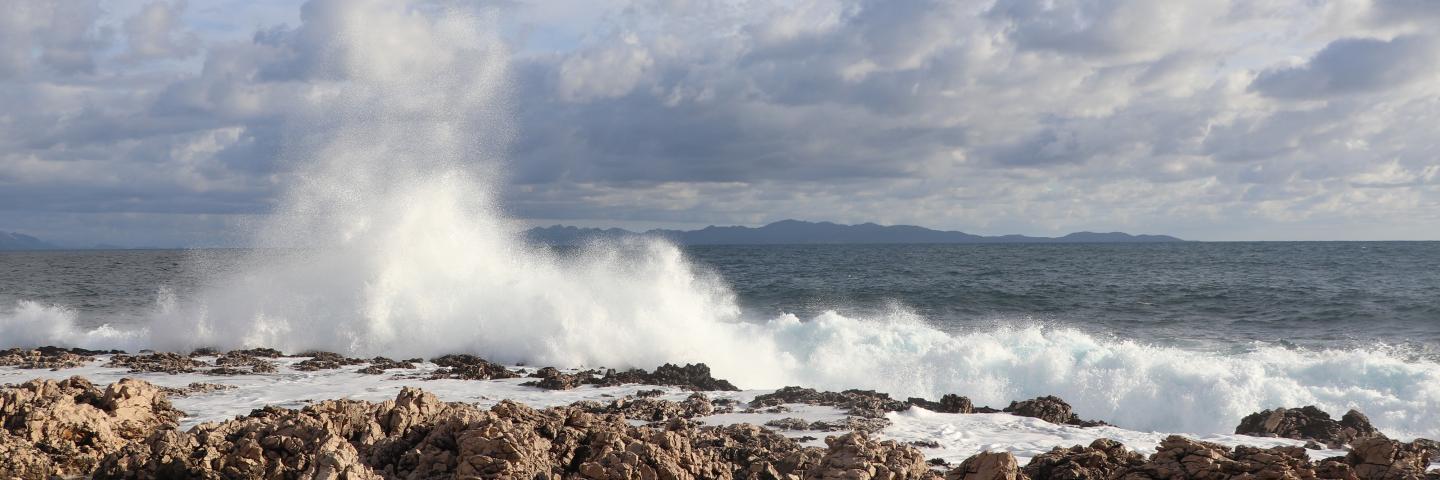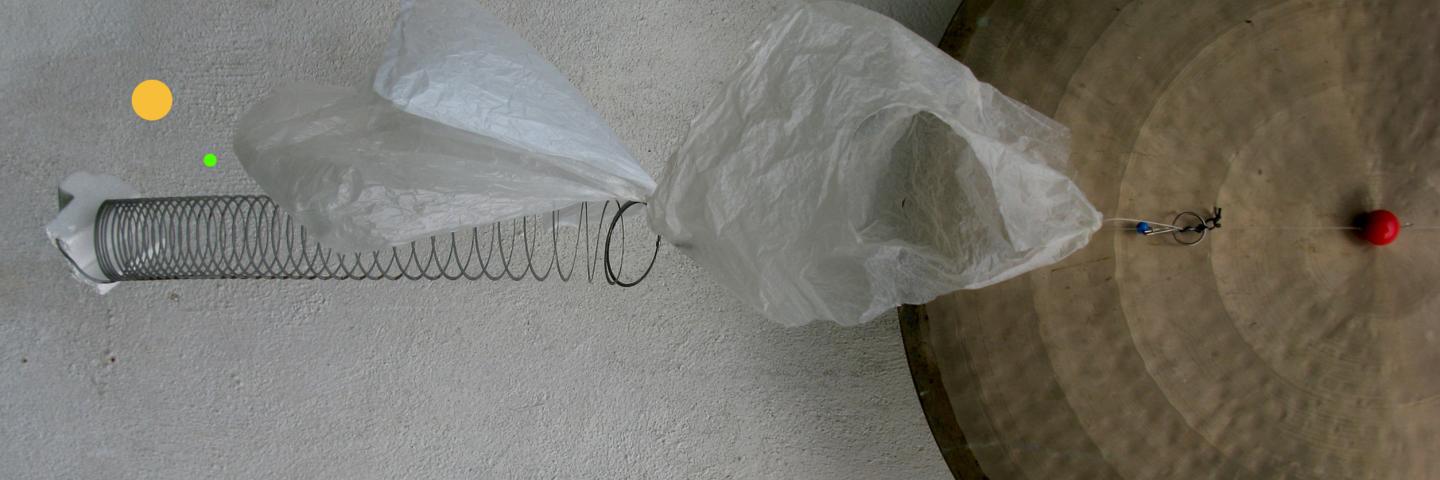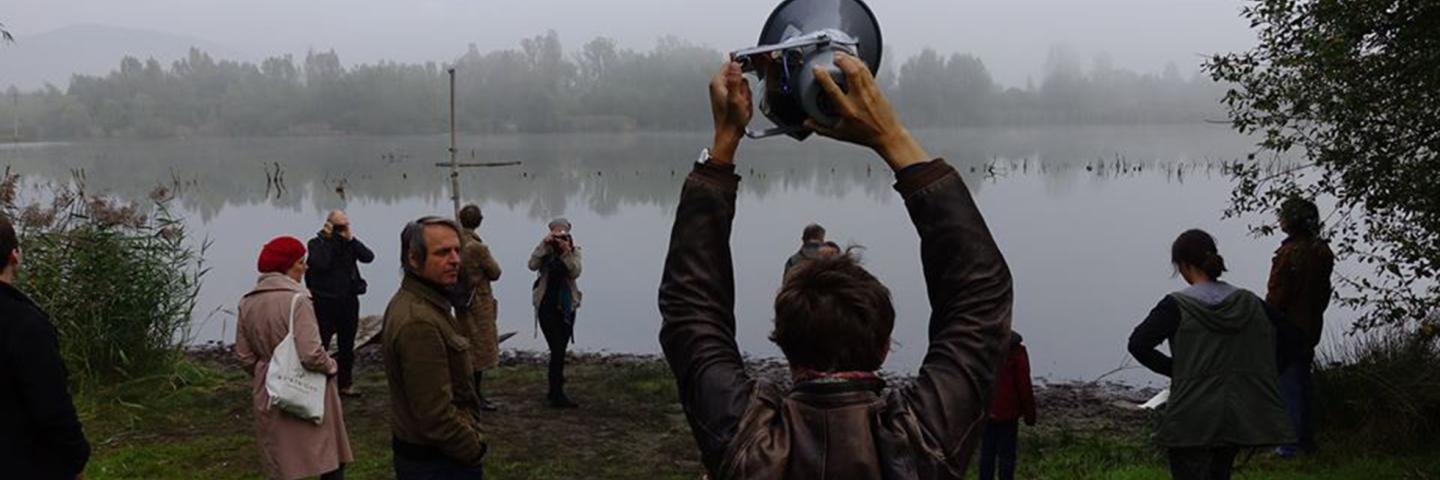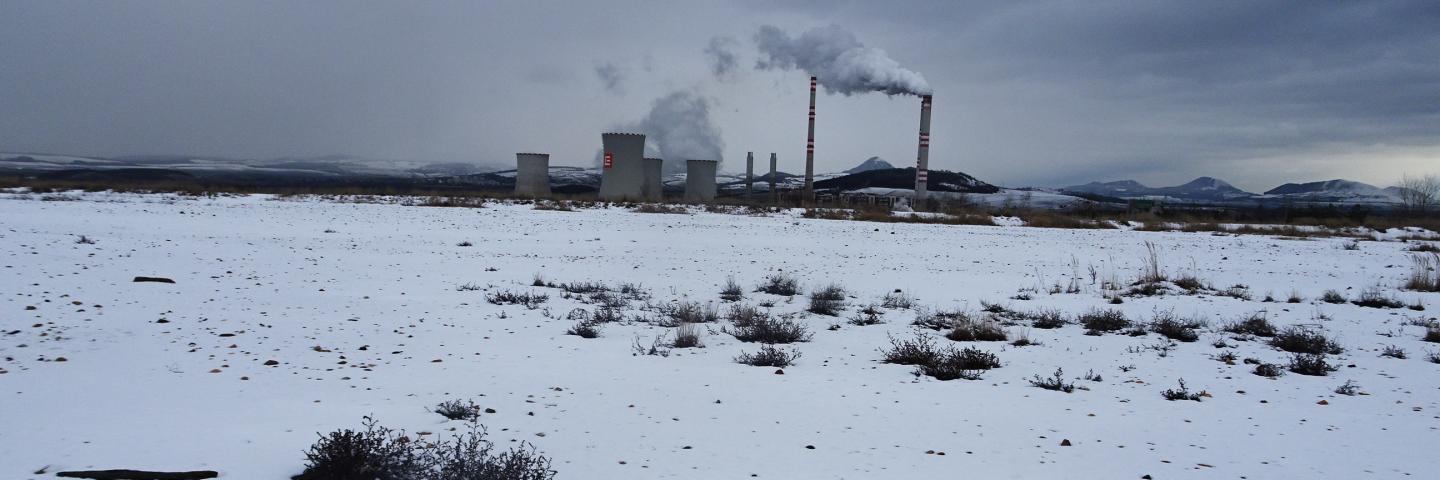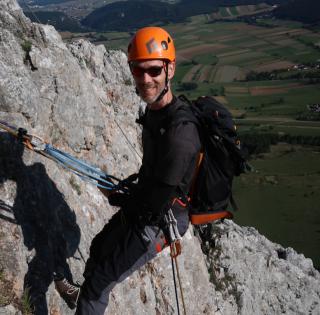Marcus Zagorski is a musicologist and composer based in Bratislava and teaching at Comenius University. He has published widely on postwar compositional theory, aesthetics, and Adorno, but his current research examines non-urban soundscapes and combines the tools of comparative literature, philosophy, religious studies, and acoustic ecology. He is especially interested in mountain environments and works with a team of alpine ecologists based in Central Europe.
Sound and silence in nature intensify our perception of the non-anthropogenic world, of that which seems unaffected by humans and has been considered transcendent, eternal, and sacred. This is especially true in mountain settings. Mountains possess a power that can move us beyond anthropocentric views, and they broadcast this power through their soundscapes. When described in the language of soundscape ecology, mountain soundscapes can be characterized by a lack or reduction of anthropophonic sounds and the presence or increase of geophonic and biophonic sounds. When described in the language of philosophy and religion, these soundscapes have been said to symbolize an ideal space beyond impermanence and rational explanation and represent that which is unchanging and inexplicable.
